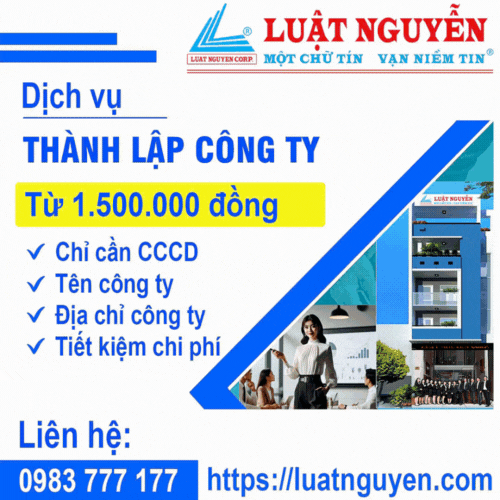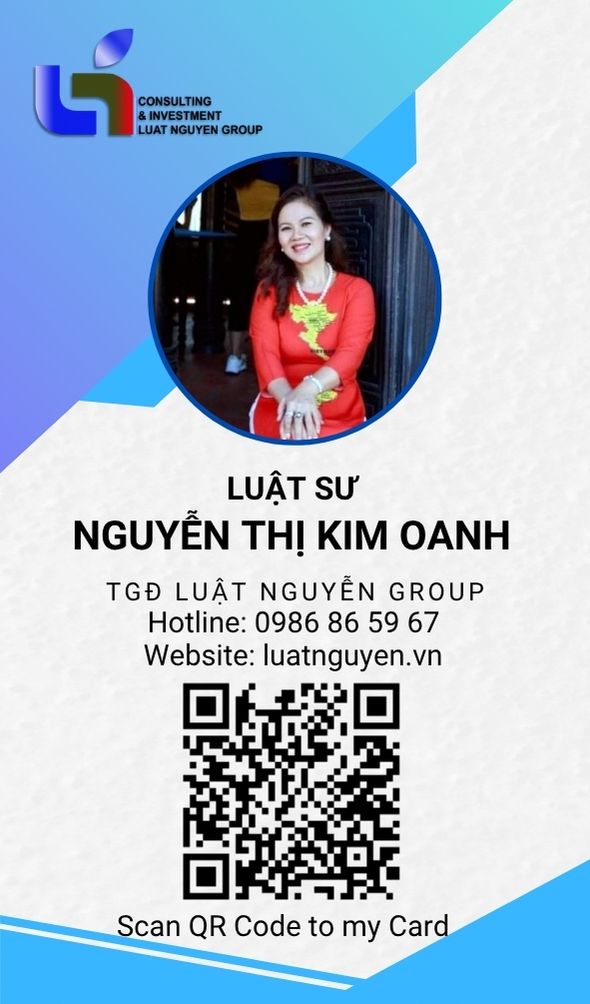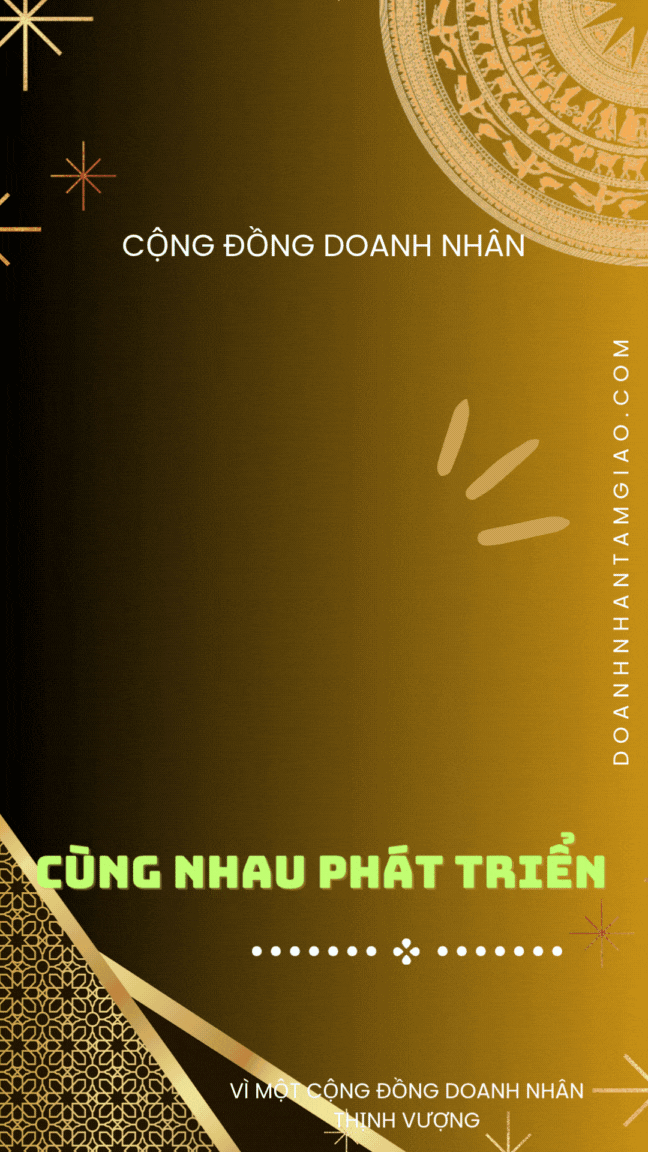Legal Education in the Age of Technology: Building a Foundation for Responsible Innovation
The Legal Profession at a Crossroads
As Vietnam accelerates its digital transformation, new legal frameworks are being created to govern the technological era. The Resolution No. 57-NQ/TW (2024) of the Politburo identifies science, technology, and innovation as the key drivers of national growth. The Digital Technology Industry Law (2025) and Decree No. 94/2025/ND-CP on Fintech—together with regulations on personal data protection, cybersecurity, and e-transactions—form the backbone of a transparent and secure digital economy.

Soon, the forthcoming AI Law drafted by the Ministry of Science and Technology will strengthen risk management and accountability standards. Step by step, Vietnam is shaping a legal ecosystem that promotes innovation with oversight, ensuring that technology advances human welfare rather than undermines it.
Bridging the Gap Between Law and Technology
As the legal framework evolves rapidly, legal education must also adapt. A recent study by the University of Economics and Law (UEL) found that 70% of organizations in the fields of law, finance, information technology, and e-commerce demand legal professionals with technological literacy, particularly in AI, blockchain, data governance, and cybersecurity.
According to Dr. Trinh Thuc Hien, Deputy Head of the Faculty of Economic Law, UEL:
“Training a new generation of legal professionals is not just a response to market needs—it is a mission to ensure that Vietnam’s digital transformation remains humane and sustainable.”
Today’s market no longer seeks only tech-savvy lawyers (LegalTech professionals) but also ethical leaders capable of guiding innovation responsibly—balancing technological progress with legal and moral integrity.
The Rise of Hybrid Legal Professionals
Emerging technologies have given birth to new hybrid roles in the legal field, such as:
-
Technology Legal Officers
-
Fintech Compliance Specialists
-
Data Protection Officers (DPOs)
Future legal professionals will need to master not only legal expertise but also technological understanding, critical thinking, and strong ethical foundations to assess and guide technology responsibly.
UEL’s Bachelor of Law and Technology – A Pioneering Program
Starting in 2026, the University of Economics and Law (UEL) will launch a Bachelor of Law in Law and Technology program, marking a pioneering step in Vietnam’s legal education landscape.
The program adopts an interdisciplinary and practice-oriented approach, combining:
-
A solid foundation in legal studies;
-
Specialized knowledge in technology, data, and governance;
-
A strong emphasis on ethics, social responsibility, and innovation management.
Leveraging its multidisciplinary ecosystem—spanning e-commerce, digital business, AI, and fintech—UEL provides an ideal environment for training a new generation of legal practitioners who can meet the demands of an increasingly digital labor market.
Technology in Service of Justice
Reforming legal education for the technological age is more than a curriculum update—it is a societal mission to ensure that Vietnam’s digital transformation is ethical, inclusive, and sustainable.
By equipping future legal professionals with the ability to “speak the language” of technology and apply legal reasoning to innovation, universities like UEL are helping build a future where technology serves justice—and justice, in turn, guides technology.
Ý kiến bạn đọc
Những tin mới hơn
Những tin cũ hơn
Luật sư Trần Đình Phúc: Người thầm lặng kiến tạo nên những giá trị bền vững tại Luật Nguyễn
Trong hành trình hơn 25 năm phát triển của Luật Nguyễn, bên cạnh những bước tiến mạnh mẽ và thành tựu đáng tự hào, không thể không nhắc đến những con người đã đặt nền móng và gắn bó trọn vẹn với sự nghiệp chung. Luật sư Trần Đình Phúc là một trong số ấy. 1. Người đồng hành từ những ngày đầu...
- Đang truy cập91
- Hôm nay6,226
- Tháng hiện tại147,383
- Tổng lượt truy cập1,550,172
-
 Cập nhật địa chỉ trụ sở Công an cấp xã tại TPHCM sau sáp nhập
Cập nhật địa chỉ trụ sở Công an cấp xã tại TPHCM sau sáp nhập
-
 Địa chỉ 19 Tòa án nhân dân (TAND) khu vực TP.HCM sau sáp nhập
Địa chỉ 19 Tòa án nhân dân (TAND) khu vực TP.HCM sau sáp nhập
-
 Từ ngày 1.7: Cách ghi địa chỉ trên hóa đơn điện tử thay đổi
Từ ngày 1.7: Cách ghi địa chỉ trên hóa đơn điện tử thay đổi
-
 Thông tư 40/2021 :Quy định về nghĩa vụ thuế đối với hộ kinh doanh
Thông tư 40/2021 :Quy định về nghĩa vụ thuế đối với hộ kinh doanh
-
 Hóa đơn GTGT xuất cho khách cá nhân có bắt buộc ghi CCCD?
Hóa đơn GTGT xuất cho khách cá nhân có bắt buộc ghi CCCD?












